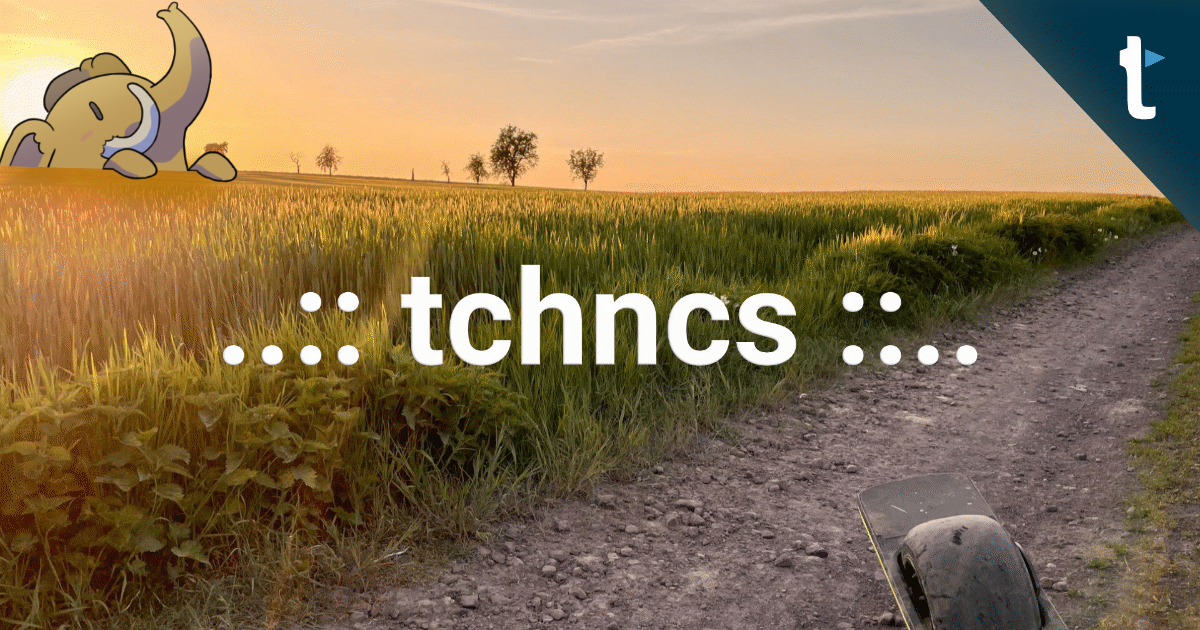Best Dishes Eater LA Editors Ate This Week: April 14 https://www.diningandcooking.com/2016889/best-dishes-eater-la-editors-ate-this-week-april-14/ #april #ate #best #Dishes #eater #editors #food #FoodTopics #FrontPage #la #RestaurantMapsGuidesDining #This #week #WhereToEatLa
Recent searches
Search options
#editors
I really wish I could switch to #Zed and start recommending it to my students…but whenever I try it after a new version is released, I am disappointed.
It’s come a really long way, but there just are way too many paper cuts for it to be used productively… Things like indentation settings being unintuitive or just ignored, tags not auto closing, Emmet sometimes just not working…
What are the editors available these days that *do not* use Chromium/Electron/Atom/etc?
On my system, in vscodium (and I tried zed too) there's a maddening bug where scroll-wheel events are accrued and when you switch-back to the editor, ZIP! you end-up at the bottom (mostly) of your code.
It makes it totally impossible to use, hence looking for other editors.
I even tried gvim again, but it's just so painful to use!
Save me!
Call for #Editors- Atmosphric Chemstry and Physics!
Are you passionate about advancing #atmosphericscience and supporting open peer review?
ACP is expanding its editorial board and looking for new editors!
Apply now by 30 April 2025!
Learn more and apply here: https://egu.eu/063LXS/
So I’ve been using vi for over three decades now, and vim was often the flavor of vi being used.
I just noticed that when editing a compressed file in vim (e.g. vim foo.gz), the implicit decompression step is entered into the undo log. You can hit u right after file load and get the compressed binary data.
Huh.
Think AI's going to be putting human #editors out of business? I don't see it happening any time soon. Here's why.
is there a mastodon instance for film editors / cinema industry people ? I'd like to recommend some instances to an older friend who is interested in joining the fedi but unsure of some of the initial joining process
Mastering the Art of Making a Cookbook https://www.diningandcooking.com/1993833/mastering-the-art-of-making-a-cookbook/ #chef #Cooking #editors #francais #france #French #FrenchCooking #JuliaChild
So we've widdled down this #app #showdown between #Markdown #editors for #Android.
In the end I'm prioritizing ease of use, design and aesthetics. But you can't ignore what's pragmatic. Between #QuillPad and #OpenNote, I'd want QuillPad - but I need Open Note.
QuillPad has tags, which is a nice to have - but not really all that important to me.
In the end Open Note wins out, because of its info screen that counts words used - but also, the document outline.
For now, I think this is it.
Trump’s Pentagon seeks spending on Pacific forces, cuts to environmental and cultural programs https://www.byteseu.com/857548/ #editors #environment
Block-based UI Libraries for Data Flow? https://lobste.rs/s/dpvuon #ask #api #editors #visualization
oscura-vim: Vim port for Oscura theme for Vscode https://lobste.rs/s/znta7f #editors #vim #vscode
https://github.com/vinitkumar/oscura-vim
"Roles, Challenges, and Sustainability of Australian Journals: A Survey of Editors" https://doi.org/10.1515/opis-2025-0013 #journals #publishing #openaccess #editors #rankings #internationalization
#Editors, see @grammargirl on #AI Sidequest: Researchers posit that #LLMs [large language models] try hard to find meaning & may be likely to #fail at tasks requiring #error #recognition. New study by Columbia Journalism Review* supports this." https://tinyurl.com/kvtjsfzz * https://tinyurl.com/4rrm5yvf
Sound Of
Your Buzzing Head
Keeps you from sleeping
Time to slow down. #Editors #theeditors #indream #vinyl #lp #vintagehifi
#vinyl #schallplattensammlung #vinylcollection #vinylisation #vinylmontag #herrmontagvinyl
Best Fancy Restaurants in NYC, According to Eater Editors https://www.diningandcooking.com/1960944/best-fancy-restaurants-in-nyc-according-to-eater-editors/ #according #best #eater #editors #fancy #francais #france #French #FrenchMeals #FrontPage #Guides #in #MaximalismRestaurantsDiningCaviarSteakSeafoodMap #meals #ny #nyc #PackageGroup3 #RestaurantMapsGuidesDining #Restaurants #to




